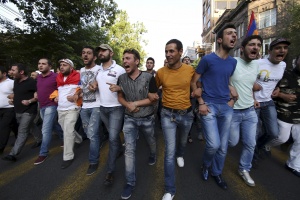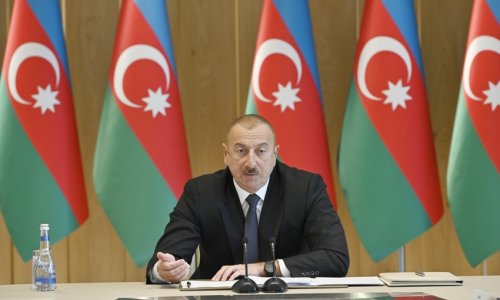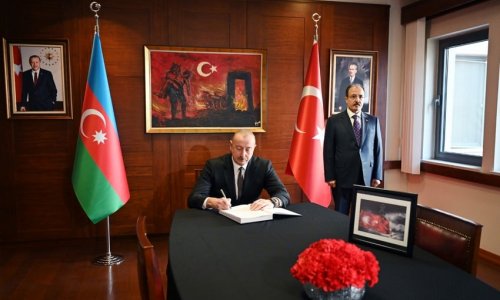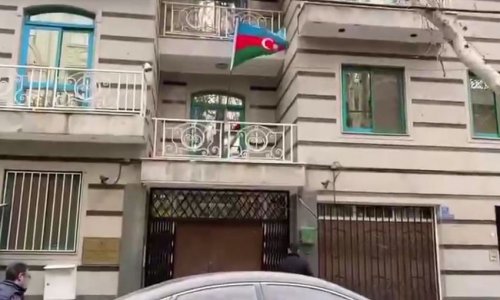Thousands of Armenians staged a second day of protests on Tuesday in the capital Yerevan against a hike in electricity prices, defying police who used water cannon to try to disperse them.
Police detained about 200 protesters but a senior police official said they were later released. Opposition parties condemned the police actions, which have raised social tensions in the cash-strapped southern Caucasus nation of 3.2 million.
On Tuesday evening, the demonstrators, many of them young activists with no affiliation to any political party, resumed a sit-in protest near the presidential palace.
"Our demands remains the same – cancellation of the decision to raise electricity prices. Our protest will be exclusively peaceful and not directed against the authorities or the police," said one activist who declined to give his name.
In Monday's protest rally 14 demonstrators and 11 police were injured when riot police stopped a crowd of around 5,000 marching on the presidential palace. They then staged an overnight sit-in protest, blocking a central boulevard.
Armenians are angry over a decision by the state regulatory commission last week to increase the electricity tariff by up to 22 percent from Aug. 1.
This followed a request by the distribution company for Armenia's electricity network, a subsidiary of the Russian firm Inter RAO due to a fall in Armenia's dram currency.
Russia is the main supplier of energy to Armenia and the two former Soviet republics have close political and economic ties.
Kremlin spokesman Dmitry Peskov said Moscow was closely monitoring developments in Yerevan.
"Armenia is our closest partner ... We hope the situation will be settled in the near future in strict accordance with the law," he told reporters during a conference call.
Armenia has been hard hit by the downturn in Russia, which has dented exports and remittances from Armenians working there.
"Social conflict could grow in Armenia," economist Tatul Manaseryan told Reuters, warning of people's concerns about the weaker dram and their ability to pay their electricity bills.
The dram currency traded on Tuesday around 471 to the dollar compared with 408 drams a year ago. Armenia's central bank left its main interest rate unchanged at 10.5 percent on Tuesday. Inflation is running at 5.1 percent.
Armenia's economy is also affected by tensions over the Nagorno-Karabakh region, which Armenia captured from Azerbaijan in a war in the early 1990s.
(Reporting by Reuters)
www.ann.az
Follow us !











